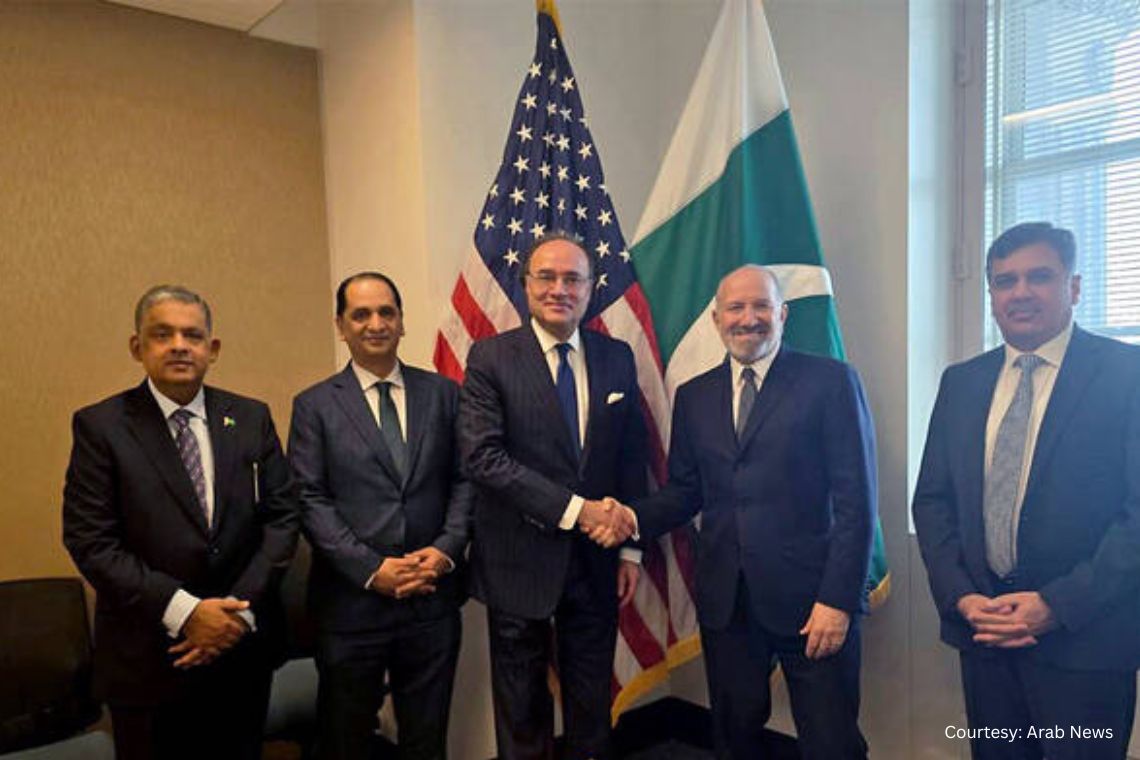Islamabad – In a move that underscores Islamabad’s growing strategic agility on the global stage, the United States and Pakistan have announced a landmark oil partnership that could unlock untapped energy reserves and significantly bolster Pakistan’s economic standing.
The deal, dramatically unveiled by former U.S. President Donald J. Trump on his social media platform, represents a rare moment of alignment between two nations long navigating complex geopolitical dynamics. Trump’s announcement read: “We have just concluded a Deal with the Country of Pakistan, whereby Pakistan and the United States will work together on developing their massive Oil Reserves.”
He further hinted at the potential for Pakistan to export oil to neighboring countries, including India, a country that Trump recently targeted with steep trade tariffs. As of August 1, Indian exports to the U.S. are to face a 25% tariff, in contrast to 19% for Pakistan and 20% for Bangladesh, signaling a broader recalibration of U.S. trade policy in South Asia.
Diplomatic Balancing at Its Finest
The deal, while unexpected to many international observers, is seen as a masterstroke of Pakistani diplomacy. Despite Pakistan’s long-standing strategic and economic partnership with China—most notably through the China-Pakistan Economic Corridor (CPEC)—Islamabad has managed to secure favorable terms with Washington without alienating Beijing.
Analysts view this development as the result of calculated diplomatic maneuvering. Pakistan’s ability to maintain working relationships with both the U.S. and China at a time of heightened tension between the two global powers reflects a broader foreign policy strategy centered on strategic non-alignment and transactional diplomacy.
Energy Potential in Focus
Local and international reports have long speculated on the vast, untapped oil and gas reserves off Pakistan’s coast. According to some estimates, the reserves may be among the largest in the world. With U.S. capital and exploration technology now entering the equation, the path toward energy independence—or even energy export capability—appears more attainable than ever before.
Such a transformation could radically shift Pakistan’s economic trajectory and position it as a critical energy player in the region.
Regional Implications
The deal has already triggered reactions in regional markets. India’s stock exchange opened lower following Trump’s tariff announcement and the Pakistan-U.S. oil partnership, prompting concern among Indian investors and policymakers.
The recalibration of U.S. favor, from New Delhi to Islamabad, comes at a time when India has traditionally enjoyed strong bipartisan support in Washington. Trump’s remarks calling India’s economy “bankrupt” only deepened the blow, underscoring the unpredictability of current global alignments.
Strategic Gamble or Calculated Diplomacy?
While the deal marks a significant diplomatic win for Pakistan, experts caution that balancing superpower interests is not without risk. Both the U.S. and China are aware of each other’s expanding footprints in Pakistan. Sustaining simultaneous goodwill from both powers will require delicate navigation in the months and years ahead.
However, for now, Islamabad appears to have succeeded in extracting strategic value from both relationships—demonstrating that in today’s volatile global order, flexibility, pragmatism, and timing are powerful diplomatic currencies.
This story has been reported by PakTribune. All rights reserved.



